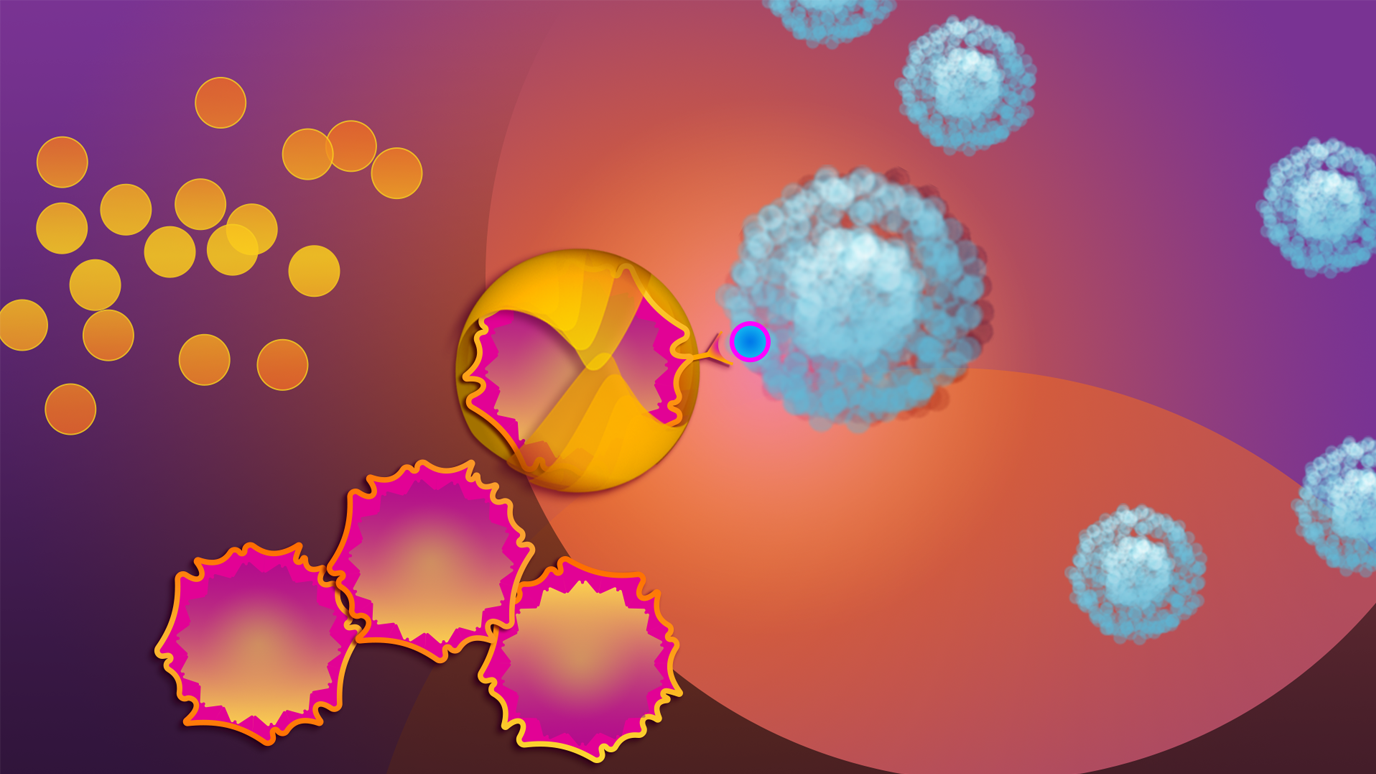- Diseases
- Acoustic Neuroma (14)
- Adrenal Gland Tumor (24)
- Anal Cancer (68)
- Anemia (2)
- Appendix Cancer (16)
- Bile Duct Cancer (26)
- Bladder Cancer (72)
- Brain Metastases (28)
- Brain Tumor (232)
- Breast Cancer (714)
- Breast Implant-Associated Anaplastic Large Cell Lymphoma (2)
- Cancer of Unknown Primary (4)
- Carcinoid Tumor (8)
- Cervical Cancer (158)
- Colon Cancer (166)
- Colorectal Cancer (116)
- Endocrine Tumor (4)
- Esophageal Cancer (44)
- Eye Cancer (36)
- Fallopian Tube Cancer (8)
- Germ Cell Tumor (4)
- Gestational Trophoblastic Disease (2)
- Head and Neck Cancer (12)
- Kidney Cancer (128)
- Leukemia (342)
- Liver Cancer (50)
- Lung Cancer (286)
- Lymphoma (278)
- Mesothelioma (14)
- Metastasis (30)
- Multiple Myeloma (100)
- Myelodysplastic Syndrome (60)
- Myeloproliferative Neoplasm (4)
- Neuroendocrine Tumors (16)
- Oral Cancer (100)
- Ovarian Cancer (172)
- Pancreatic Cancer (160)
- Parathyroid Disease (2)
- Penile Cancer (14)
- Pituitary Tumor (6)
- Prostate Cancer (146)
- Rectal Cancer (58)
- Renal Medullary Carcinoma (6)
- Salivary Gland Cancer (14)
- Sarcoma (238)
- Skin Cancer (296)
- Skull Base Tumors (56)
- Spinal Tumor (12)
- Stomach Cancer (64)
- Testicular Cancer (28)
- Throat Cancer (92)
- Thymoma (6)
- Thyroid Cancer (96)
- Tonsil Cancer (30)
- Uterine Cancer (80)
- Vaginal Cancer (16)
- Vulvar Cancer (20)
- Cancer Topic
- Adolescent and Young Adult Cancer Issues (20)
- Advance Care Planning (10)
- Biostatistics (2)
- Blood Donation (18)
- Bone Health (8)
- COVID-19 (362)
- Cancer Recurrence (120)
- Childhood Cancer Issues (120)
- Clinical Trials (630)
- Complementary Integrative Medicine (22)
- Cytogenetics (2)
- DNA Methylation (4)
- Diagnosis (232)
- Epigenetics (6)
- Fertility (62)
- Follow-up Guidelines (2)
- Health Disparities (14)
- Hereditary Cancer Syndromes (126)
- Immunology (18)
- Li-Fraumeni Syndrome (8)
- Mental Health (116)
- Molecular Diagnostics (8)
- Pain Management (62)
- Palliative Care (8)
- Pathology (10)
- Physical Therapy (18)
- Pregnancy (18)
- Prevention (916)
- Research (392)
- Second Opinion (74)
- Sexuality (16)
- Side Effects (604)
- Sleep Disorders (10)
- Stem Cell Transplantation Cellular Therapy (216)
- Support (402)
- Survivorship (320)
- Symptoms (182)
- Treatment (1786)
MD Anderson helped me achieve my family dream after non-Hodgkin lymphoma treatment
BY Krista Lusby
3 minute read | Published May 26, 2020
Medically Reviewed | Last reviewed by an MD Anderson Cancer Center medical professional on May 26, 2020
In 2016, my husband and I were trying to expand our family. A swollen lymph node almost derailed our plans entirely.
I’d felt the lump in my neck by chance one day, when I rubbed my hand along the underside of my jaw. I thought it was an abscess caused by a failed root canal.
It turned out to be advance stage high grade B cell lymphoma, a subtype of non-Hodgkin lymphoma.
Though grateful not to be pregnant at the time, I was still devastated by the thought of not being able to have more children. I knew certain cancer treatments could leave me infertile, and my husband and I had always planned to have three kids. We were hoping to give our two little boys a sister.
Fortunately, I went to MD Anderson for my non-Hodgkin lymphoma treatment. My doctors there not only gave us hope that we could still have more children — they also gave us options to maximize our chances.
Exploring fertility-preserving options before non-Hodgkin lymphoma treatment
I was already 35 at the time of my non-Hodgkin lymphoma diagnosis, so I wasn’t sure how much my age would affect my fertility. Cancer patients are usually advised to wait at least two years after completing chemotherapy before trying to conceive. That timeline would put me just shy of my 38th birthday.
I wasn’t interested in freezing my eggs, but wanted to explore my options. So my oncologist, Dr. Hun Ju Lee, referred me to reproductive endocrinologist Dr. Terri Woodard to discuss my fertility preservation options. Ultimately, my husband and I decided on one of the least-invasive: leuprolide injections. These are an experimental type of therapy designed to shut down the ovaries, theoretically making them less vulnerable to damage from chemotherapy drugs.
I received the first leuprolide injection in July 2016, a few weeks before starting my chemotherapy infusions. I got a second injection in October 2016.
We waited the full two years before trying for a baby again. Our daughter was conceived just two months later, in February 2019. She was born that November, perfectly healthy.
I knew I was in good hands
My husband and I were pretty surprised that I got pregnant so quickly. But once I did, I felt like this baby was meant to be.
I hadn’t even been sure of what I wanted anymore, family-wise, or what was possible after I finally achieved remission. And I struggled with fears of the physical toll another pregnancy might have on me, as well as any possible risks to the baby, due to my health history.
Still, I knew I was in good hands at MD Anderson. Its doctors have so much experience with cancer. They really have seen all types and kinds. And they also have tremendous research efforts going on, which are helping other cancer patients through clinical trials. I’d been living in Houston for 10 years by the time I was diagnosed with lymphoma, so it felt like I was supposed to be there.
After six cycles of chemotherapy and surgery to remove the affected lymph node, my cancer is still in remission. So, I know MD Anderson was the right choice for me. My family is complete now. And I feel great.
Request an appointment at MD Anderson online or by calling 1-866-915-0406.
Related Cancerwise Stories

MD Anderson was the right choice for me.
Krista Lusby
Survivor





